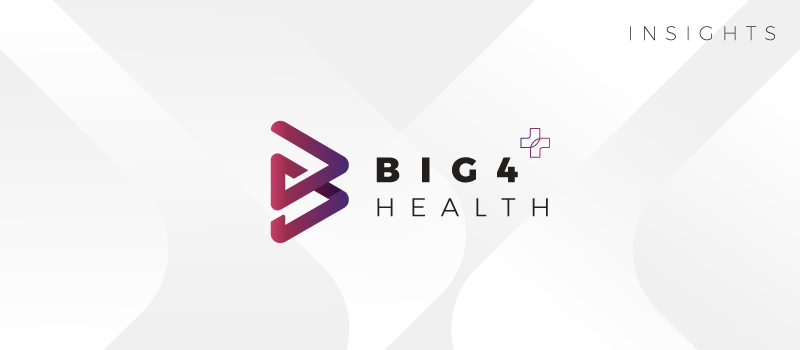Protecting Healthcare Data Privacy and Security in the Digital Age: A Comprehensive Guide
Protecting healthcare data privacy and security is more important than ever in today's digital age. Learn how to safeguard sensitive information, mitigate risks, and ensure compliance with regulations in this comprehensive guide.
Healthcare organizations are entrusted with some of the most sensitive information imaginable, from medical records to financial data. In today's digital age, protecting healthcare data privacy and security is more critical than ever, with an increasing number of cyber attacks and data breaches threatening the confidentiality, integrity, and availability of healthcare data. This article will examine the unique challenges facing healthcare organizations in safeguarding sensitive information, provide valuable insights and actionable advice, and highlight best practices for mitigating risks and ensuring compliance with regulations.
Challenges Facing Healthcare Organizations:
Healthcare organizations face a myriad of challenges in protecting sensitive data, including compliance with regulations such as HIPAA, the complexity of IT systems, the increasing use of mobile devices, and the growing sophistication of cyber attacks. Healthcare data is also particularly valuable to cyber criminals, as it can be sold on the black market for high prices. A single data breach can result in significant financial and reputational damage, not to mention the potential harm to patients if their sensitive information is exposed.
Best Practices for Healthcare Data Privacy and Security:
To mitigate risks and ensure compliance with regulations, healthcare organizations must adopt a comprehensive approach to data privacy and security that encompasses people, processes, and technology. Some best practices include:
- Conducting regular risk assessments to identify vulnerabilities and prioritize actions
- Developing and implementing data privacy and security policies and procedures
- Providing ongoing training and awareness programs for employees
- Encrypting sensitive data in transit and at rest
- Implementing multi-factor authentication for remote access
- Conducting regular security testing and monitoring
- Creating an incident response plan and regularly testing it
- Partnering with third-party vendors that follow industry-standard security practices
- Staying up-to-date with the latest threats and trends in cybersecurity
At BIG4 Consulting Group, we worked with healthcare organizations that had experienced a data breach due to an employee's carelessness. The employee had inadvertently clicked on a phishing email that resulted in malware being installed on the organization's network. The malware then enabled hackers to access sensitive data, resulting in a costly and damaging data breach. The incident highlighted the importance of ongoing employee training and awareness programs, as well as the need for regular security testing and monitoring to detect and prevent threats.
Protecting healthcare data privacy and security is a complex and ongoing process, but it is essential to mitigate risks and ensure compliance with regulations. By adopting a comprehensive approach that encompasses people, processes, and technology, healthcare organizations can safeguard sensitive information and avoid costly and damaging data breaches. We encourage readers to take action based on the insights and advice provided in this comprehensive guide, and to partner with trusted experts to ensure the highest levels of data privacy and security.
Contact BIG4 to learn more about how we can help your healthcare organization protect sensitive data and ensure compliance with regulations.

